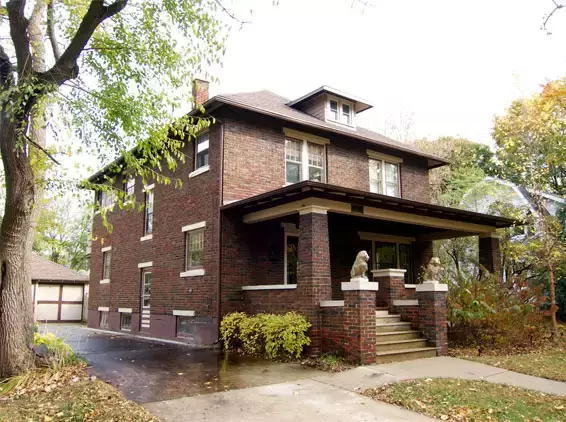7 Real Estate Negotiation Tactics That Work

1. Set a Competitive Yet Realistic Price
The first step in any successful negotiation is setting the right asking price for your home. It's essential to strike a balance between being competitive in the market and reflecting the true value of your property. Conduct thorough research on comparable properties in your area, taking into account their size, condition, and amenities. A well-priced home not only attracts more potential buyers but also lays a solid foundation for a successful negotiation.
2. Create a Bidding War
Another strategic pricing approach is to ignite a bidding war among potential buyers by listing your home just below its market value. Why would you do this? Think of it as a calculated play to attract more potential buyers and increase competition. The goal is to receive multiple offers from interested parties who then start trying to outbid one another. This tactic not only drives up the final sale price but also positions you, the seller, in a more advantageous negotiating position, with more than one offer on the table.
Orchestrating a bidding war can lead to a swift and lucrative sale—but it’s not the right tactic for every property. If you’re interested in trying it, ask your real estate agent if it’s a good option for your home.
3. Highlight Your Home's Unique Features
During negotiations, emphasize the distinctive features of your home that set it apart from others on the market. Whether it's a stunning view, a beautifully landscaped garden, or recent renovations, showcasing these unique aspects can add perceived value. Buyers are often willing to pay a premium for a home that offers something special, and emphasizing these features can strengthen your position during negotiations.
4. Be Informed and Transparent
Knowledge is power in real estate negotiations. Stay informed about the current market conditions, recent sales in your neighborhood, and any relevant economic factors. When engaging with potential buyers, be transparent about your reasons for selling and any factors that may influence the negotiation. An open and honest approach builds trust and can facilitate smoother negotiations.
5. Create a Sense of Urgency
When potential buyers know there's a ticking clock on a home, it can encourage them to make decisions faster. You can do this by putting a deadline on your counteroffer (to start the clock ticking) and disclosing when you have multiple offers (to create a sense of competition). Another option? Try scheduling limited-time open houses or private viewings. By restricting access, you're subtly signaling that the opportunity is fleeting. Harnessing these tactics can instill a sense of urgency among buyers, prompting quicker and more decisive actions that can work in your favor during negotiations.
6. Stay Flexible on Closing and Move-In Dates
Flexibility in terms of closing and move-in dates can be a valuable negotiation tactic. Accommodating the buyer's timeline can make your home more appealing, especially if they have specific requirements or constraints. This flexibility can also position you as a reasonable and cooperative seller, fostering a positive negotiation environment and encouraging flexibility on the buyer’s part as well.
7. Hire Professional Representation
Having a skilled and experienced real estate agent by your side is perhaps the most crucial negotiation tactic. A seasoned agent understands the intricacies of the market, has honed negotiation skills, and can advocate for your best interests. Their expertise will be invaluable in navigating complex negotiations, handling counteroffers, and ensuring a smooth closing process.
In conclusion, successful real estate negotiations require a strategic approach and a thorough understanding of market dynamics. By implementing these seven proven tactics, home sellers can enhance their position, attract more favorable offers, and ultimately achieve a successful and lucrative sale. If you're considering selling your home, don't underestimate the importance of effective negotiation – it could make all the difference in securing the best possible deal.
Categories
Recent Posts










